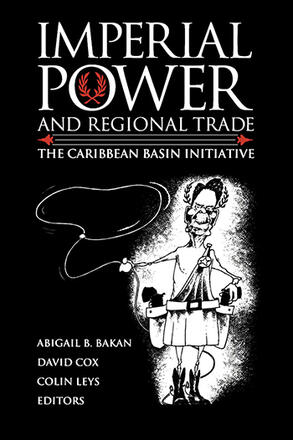
Description
The election of Ronald Reagan as President of the United States in November 1980 opened a new chapter in international relations; U.S. foreign policy shifted from an alliance-based, consensual approach to one based on a more overt use of its immense economic and, above all, military power. This policy entailed some stark choices for the U.S.A.’s allies and neighbours and, above all, for the small countries of Central America and the Caribbean.
This revealing book tells the story of the Caribbean Basin Initiative (CBI), through which the new assertion of U.S. hegemony in the region was expressed. The CBI entitled “friendly” countries of the region (i.e., excluding Cuba, pre-invasion Grenada and Nicaragua) to military and economic aid plus incentives, modelled on the so-called “Puerto Rican miracle,” so as to reorient their trade towards the U.S.A. The authors carefully compare the claims made for the CBI with its underlying political objectives and examine its actual impact on regional development through detailed case studies of the Eastern Caribbean and Trinidad.
Also examined are the impact of the CBI on Caribbean regional integration and the responses of Canada and Britain, the two other major countries with long-standing political and economic interests in the Caribbean. What emerges from this investigation is the way the CBI reflects the U.S.A.’s historic quest for regional dominance, rather than a new era in Caribbean development.